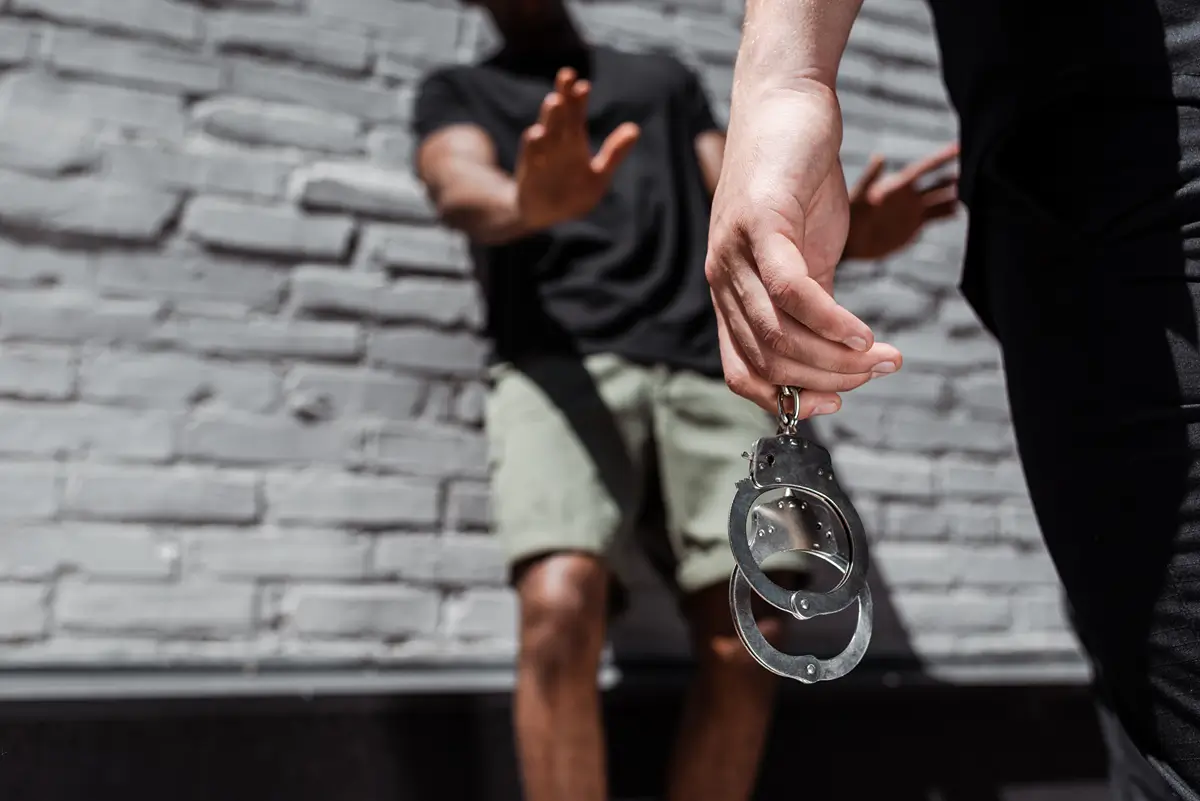The decisions by two separate grand juries not to return indictments against police officers in the deaths of Michael Brown in Ferguson, Missouri and Eric Garner in New York City have led to weeks of protests and outrage, and have led many to question the wisdom or effectiveness of the grand jury system.
When we think of being charged with a crime, we typically think of a district attorney or other prosecutor making the decision to bring charges against a criminal defendant. A grand jury, however, is comprised of citizens who are called to make the determination as to whether prosecutors should pursue a criminal case. What a grand jury is, how it works, and what it means if you are being investigated by one remains a mystery to most people.
What is a Grand Jury?
Prosecutors use grand juries to investigate suspicions of criminal activity. If the grand jury determines there is enough probable cause to file criminal charges, it has the power to return an indictment. In this way, individuals can be charged with a crime without being arrested or caught breaking the law.
Federal grand juries have a maximum limit of 23 members, however, the law only requires 16 for a quorum. Additionally, 12 or more federal grand jurors can return an indictment. For the most part, grand juries operate completely independently, although they are closely controlled by the prosecutor and the agents who present the evidence in order to secure an Indictment.
In Indiana state court, either a prosecutor or judge can convene a grand jury of six people and an alternate to weigh whether criminal charges should be brought against the target of an investigation. IC 35-34-2-2.
Grand jury proceedings are conducted without the usual due process requirements guaranteed by the Constitution. Instead, they are completely secret and use a so-called “ex parte” process, which means all evidence is presented without defense counsel appearing or presenting evidence in favor of the accused. Federal prosecutors use grand juries to investigate allegations to build a future case against the defendant. If you are called to appear before a grand jury, you may not even know you are the target of an investigation. Because the grand jury only hears one side of the case, it is no surprise that they often return unfounded indictments.
In the Brown and Garner cases, however, it appears that the local prosecutors may have referred the matters to grand juries as a way of avoiding the politically difficult decision of whether to bring criminal charges against the police officers involved. Though, as noted, the actual grand jury proceedings were held in secret, it could have been the case that the prosecutors put forth less than compelling evidence in order to avoid indictments against the officers, but we will never know.
Contact an Attorney Immediately If You Are Under Investigation
Prosecutors often use grand jury proceedings to compel both people and corporations to turn over documents or testify against the accused. Suspects can be summoned to offer testimony or surrender documents, but they have no right to testify or be present before the grand jury. If you get caught up in one of these secret proceedings, you could incriminate yourself without even knowing it.
If you discover that you are under investigation by a grand jury or have received a grand jury letter, it is imperative that you contact an experienced Indiana criminal defense lawyer immediately. Not only can a lawyer advise you how to proceed and how to protect yourself, they may also be able to negotiate with prosecutors as to whether you may be allowed to appear and may even be able to dissuade them from proceeding.
The laws governing legal advertising in the state of Indiana require the following statement in any publication of this kind: “THIS IS AN ADVERTISEMENT.” This website is designed for general information only. The information presented at this site should not be construed to be formal legal advice, nor the formation of a lawyer/client relationship.






